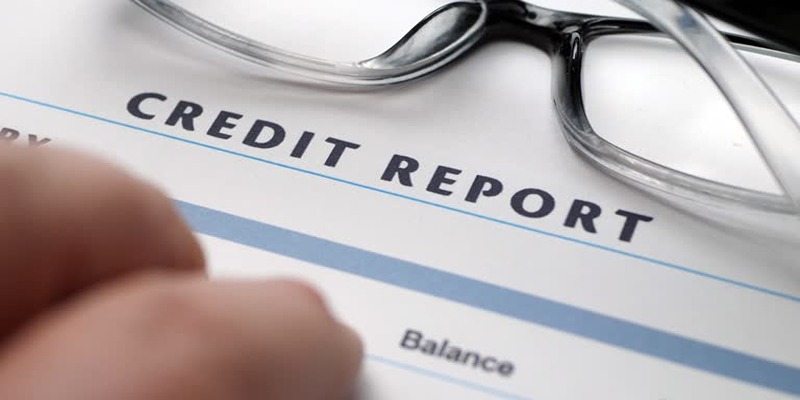The question of whether you should sell your house right now isn't one-size-fits-all. It's personal. Maybe you've been watching the news and hearing about rising home prices or changing interest rates. Or perhaps life circumstances are pressing—such as a job change, a growing family, or simply the sense that you're ready for something different.
It can feel like a chess match where every move needs careful calculation. While it's tempting to jump in when the market looks hot, timing the sale of a home goes deeper than that. It's not just about what the market is doing but about what's right for you.
Understanding the Current Market Landscape
Selling a house isn’t just about putting a sign in the yard and waiting for offers. It begins with understanding what’s going on in the housing market today. For the past few years, real estate markets in many parts of the country have experienced significant shifts. In some places, demand has outstripped supply, leading to higher home prices. In others, rising mortgage rates have cooled buyer enthusiasm, stretching the time it takes to close a sale.
Interest rates play a huge role in this equation. When they’re low, more people can afford to borrow, which fuels demand. But with higher rates, monthly mortgage payments climb, making buyers more cautious. This directly affects how many people might show interest in your home and what kind of offer they might make.
Another thing to consider is your local market conditions. National headlines can be misleading. A seller’s market in one city might be a buyer’s market in another. Talk to real estate professionals in your area or dig into recent sales data to see how fast homes are selling, what prices they're going for, and how long they're staying on the market.
That said, it’s not just about timing the market. Real estate is not like stocks. It’s deeply rooted in geography, seasonality, and personal needs. So instead of asking only, “Is this a good time to sell?” it’s smarter to ask, “What’s happening right here, right now—and how does that align with my goals?”
Financial Readiness and Long-Term Goals
Beyond the market, your financial health and long-term objectives are crucial. Selling a house is not free. There are agent commissions, closing costs, potential repairs, staging expenses, and maybe even capital gains taxes, depending on how long you've owned and lived in the home.

If you're planning to buy another home after you sell, you have to think ahead. Will you be upgrading, downsizing, or relocating? Will you need to take out a new mortgage—and if so, what kind of rate will you qualify for in today’s environment? It’s worth sitting down with a mortgage advisor or financial planner to map out the numbers before making any decisions.
Let’s also talk about equity. This is the difference between what your home is worth and what you still owe on your mortgage. If you’ve owned your home for several years and your local market has been on an upswing, you might be sitting on a considerable amount of equity. That’s money you can put toward your next place, pay down debt, or invest elsewhere.
But don’t get swept up in dollar signs without considering the bigger picture. If you’re selling high, you may also be buying high unless you’re leaving an expensive market or renting afterward. If your plans are uncertain, it might be worth waiting until things feel more settled.
Timing, Seasonality, and Life Circumstances
There’s a seasonality to real estate. Spring and early summer are traditionally hot times for home sales. Families want to move before school starts, and longer daylight hours make showings easier. Fall and winter usually see slower traffic, although serious buyers still exist during these times. Selling in the “off-season” might mean fewer bidding wars, but it could also mean less competition from other listings.
Then there's the timeline of your life. Are you planning a major life event soon—such as a new job, a new baby, or retirement? These transitions can impact the amount of time and energy you can dedicate to a home sale. Selling a house is work: cleaning, organizing, repairing, showing. It can disrupt daily life, especially if you're still living in the house while it's on the market.
Sometimes, it's not about perfect timing. It's about life happening and you needing to move forward. In those cases, the focus shifts from trying to get the absolute highest price to getting a good price at the right time. The secondary keyword "sell your home" becomes more about facilitating your future than maximizing every last dollar.
Practical Considerations Before Listing
Before you decide to sell your house, ensure it's in good condition. This doesn't mean turning it into a model home, but small improvements can make a big difference. Minor repairs, a fresh coat of paint, updated fixtures, and tidy landscaping can boost your home's appeal without overspending.

A pre-sale inspection helps you avoid surprises during the closing process. If buyers find issues, it could give them negotiating power or even derail the deal. Staying ahead on repairs helps keep the process smoother.
Staging is another tool worth considering. It’s not about decorating—it’s about creating a clean, welcoming space that helps buyers imagine living there. Staged homes often sell faster and for more money.
Once the house looks good, focus on marketing. Strong photos, a solid listing, and an experienced agent can affect how quickly your home sells and at what price. Some sellers try For Sale By Owner to save on commission, but unless you know real estate, it can backfire. A good agent understands pricing, negotiation, and local buyers, which can be worth the cost.
Finally, think about your next step. Where will you go after selling? Will you rent while you search or buy right away? Timing both moves carefully helps you avoid stress and additional costs, such as storage or temporary housing.
Conclusion
Selling your house is more than a financial decision—it's personal. Even if the market looks strong, your own goals and readiness matter just as much. Equity, timing, and expert advice all play a role, but so does knowing what's right for you. Don't let market noise rush your choice. The best time to sell is when it aligns with your life, not just with headlines or trends.












